MercoPress. South Atlantic News Agency
Stories for August 26th 2010
-
Thursday, August 26th 2010 - 05:05 UTC
Mrs. Kirchner confrontation with Clarin and La Nacion scares investors

Argentine President Cristina Fernandez de Kirchner’s growing confrontation with the country’s largest newspaper is exacerbating the biggest tumble in its dollar bonds in two months and prompting JPMorgan Chase & Co. to recommend investors cut holdings.
-
Thursday, August 26th 2010 - 05:02 UTC
US closely following Argentine debate on freedom of the press
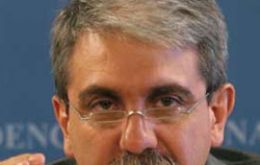
United States Department of State Deputy Spokesman Mark Toner said President Barack Obama's administration is “closely” watching the debate on press freedom in Argentina.
-
Thursday, August 26th 2010 - 04:59 UTC
Argentine government promises free public access to internet
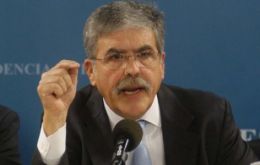
The Argentine government has said it is working to create areas of free public access to the internet across the country through wireless networks.
-
Thursday, August 26th 2010 - 03:41 UTC
Mercosur spends less that 2% of GDP in defence; “no arms race in the region”

South America and particularly Mercosur spend less than 2% of GDP in military hardware which makes it the world region that less invests in defence, said a high ranking official from the Barak Obama administration visiting Paraguay.
-
Thursday, August 26th 2010 - 03:35 UTC
UPM/Botnia pulp mill conflict: pickets vote to challenge agreement

Argentina’s Gualeguaychú Assembly members decided to once again return to blocking the National Route 136 and this way obstruct the international road to neighbouring Uruguay; however, the measure will only take place during the Sundays of September and for a limited time, which came as a surprise.
-
Thursday, August 26th 2010 - 03:24 UTC
With strong farm sector recovery Paraguay economy forecasted to grow 9%
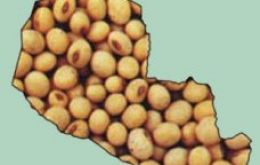
Paraguay raised its 2010 economic growth forecast to 9% from 6% on an improved agricultural production outlook, the central bank said this week. This would be the Paraguayan economy largest annual expansion in almost three decades.
-
Thursday, August 26th 2010 - 03:17 UTC
Lula da Silva warns Brazil is falling back in 2014 World Cup infrastructure
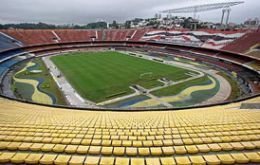
Brazil’s president Lula da Silva cautioned preparations for the 2014 World Cup could be jeopardized if government officials and businessmen fail to work together in the coming years.
-
Thursday, August 26th 2010 - 03:16 UTC
Chavez faces the toughest election in his more than 11 years in office
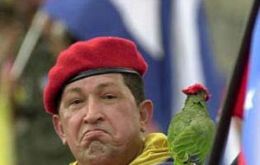
Oil rich Venezuela’s September 26 legislative elections campaign was officially launched Wednesday which promise to be a tough test for President Hugo Chavez following a year of recession, growing inflation and rampant crime rate.
-
Thursday, August 26th 2010 - 03:10 UTC
Uruguay has a million hectares of planted forests, according to FAO survey
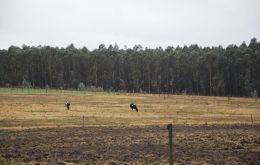
Uruguay has 1.7 million hectares of forests of which almost a million hectares have been planted to feed the growing pulp industry while the rest are so called native forests, according to primary data from an inventory compiled by the Ministry of Agriculture with support from United Nations.
-
Thursday, August 26th 2010 - 03:04 UTC
Brazil forecasted to harvest smallest orange crop in eight years

Orange growers in Brazil, the world’s biggest producer, will harvest the smallest crop in at least eight years after rains hindered flowering, said Margarete Boteon, a University of Sao Paulo researcher.
